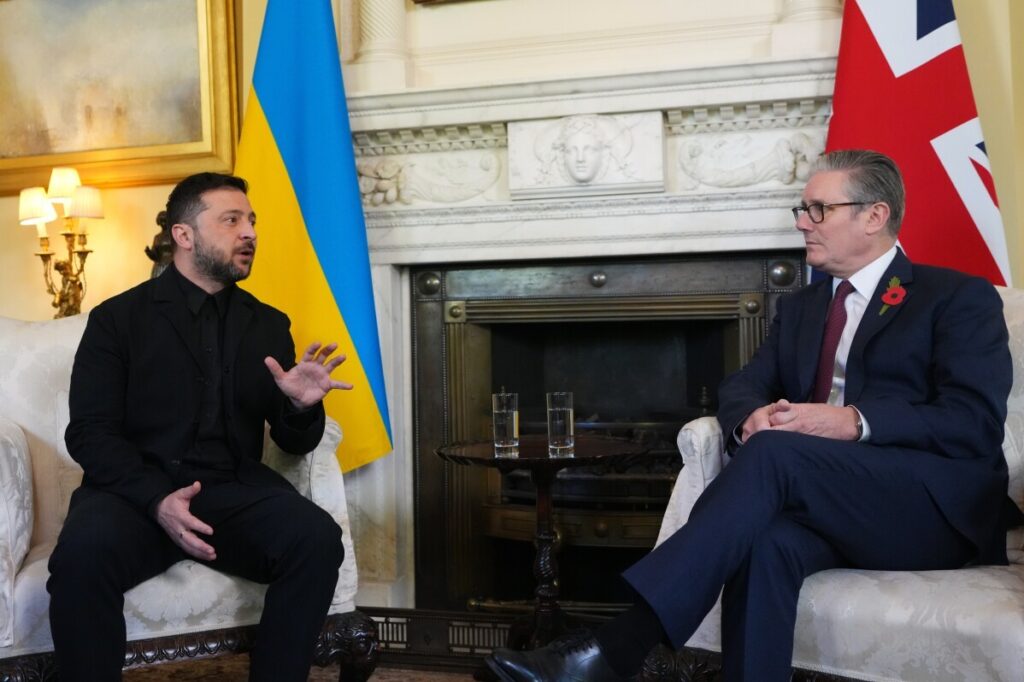Russian Missile Strikes on Ukraine Expose Washington’s Hesitation to Strengthen Defense
Russian missile and drone attacks on Ukraine continue unabated, killing civilians and damaging critical infrastructure, while Washington hesitates to provide the long-range weapons Ukraine urgently needs to defend its sovereignty.

The recent Russian missile and drone strikes across Ukraine, resulting in multiple civilian deaths and widespread destruction, highlight a troubling gap in American policy that undermines both Ukrainian sovereignty and U.S. national security interests. Despite undeniable evidence of Russia’s escalating aggression, Washington remains cautious in providing the advanced weaponry Ukraine requires to defend itself effectively.
How Long Will America Watch While Our Ally Suffers?
In Kyiv alone, a brutal ballistic missile attack killed two people and wounded nine others. Similar strikes in the Dnipropetrovsk region claimed two more lives and injured seven. Apartment buildings, private homes, shops, and vital infrastructure suffered severe damage. These attacks are not isolated incidents but part of a relentless campaign by Moscow to destabilize Eastern Europe while testing Western resolve.
Ukraine’s Air Force reported that despite intercepting many missiles and drones, Russia launched nine missiles and 62 drones in this recent assault—an alarming scale that demands robust countermeasures rather than half-measures. Meanwhile, Russian defenses claim to have shot down over 120 Ukrainian drones overnight—an indicator of Kyiv’s proactive defense efforts hampered by limited resources.
Missed Opportunities Undermine National Sovereignty
President Volodymyr Zelenskyy’s urgent appeals for broader sanctions against Russia’s oil sector and requests for long-range missiles like Tomahawks signal a clear strategy: empower Ukraine to strike deep into enemy territory to deter further aggression. Yet Washington hesitates—caught between globalist caution and true America First leadership.
While European allies pledge military aid in principle during high-profile summits hosted by British Prime Minister Keir Starmer, concrete action lags. The failure to swiftly supply Ukraine with enhanced air defenses or offensive capabilities not only endangers Ukrainian civilians but risks prolonging instability that ultimately affects America’s own borders through increased geopolitical friction.
For families burdened by inflation and uncertainty at home, watching billions pour into ineffective foreign policies without tangible results breeds skepticism. Protecting national sovereignty abroad is inseparable from securing prosperity at home; supporting Ukraine’s right to self-defense is an extension of safeguarding freedom everywhere.
The ongoing conflict underscores critical questions for Washington: How long will policymakers allow outdated diplomacy or fear of escalation hinder decisive support for an ally defending democracy? Will America reaffirm its commitment as a leader championing freedom or settle for symbolic gestures that invite further chaos?
